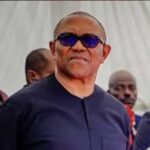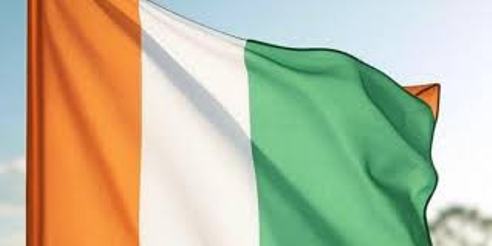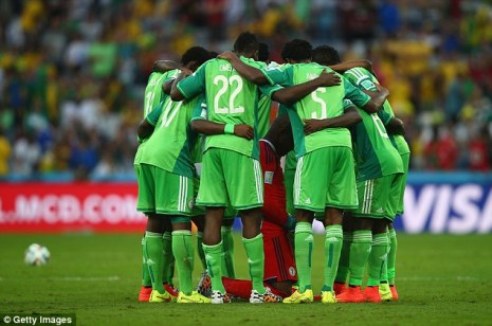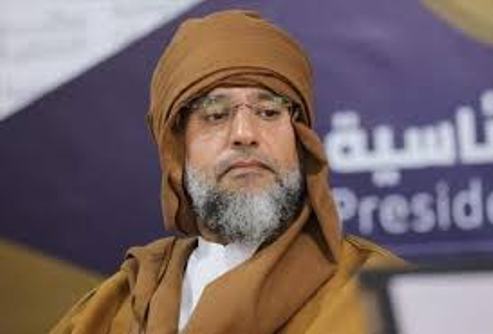LAGOS JULY 30TH (NEWSRANGERS)-Tensions have escalated in Côte d’Ivoire as protests erupted across parts of the country following President Alassane Ouattara’s announcement that he will seek a fourth term in the upcoming October 25 election.
The move has drawn fierce criticism from opposition leaders and civil society groups, who describe it as a direct threat to the country’s fragile democracy.
Ouattara, 83, officially confirmed his candidacy on Tuesday, stating: “I am a candidate because the constitution of our country allows me to run for another term and my health permits it.”
He cited ongoing security, economic, and monetary challenges as justification, arguing that navigating such issues requires seasoned leadership.
Côte d’Ivoire is the world’s leading cocoa producer and a key economic player in West Africa.
But for many Ivorians, especially opposition supporters, the president’s decision is a flashpoint.
Demonstrators in Abidjan and other cities took to the streets in protest, chanting slogans against what they call the “hijacking of democracy” and burning effigies of the president.
The opposition has long argued that a fourth Ouattara term is unconstitutional.
“The announcement made today by Mr Ouattara constitutes a violation of our constitution and a new attack on democracy,” said Tidjane Thiam, leader of the Democratic Party of Ivory Coast (PDCI).
Thiam and former president Laurent Gbagbo have formed a joint campaign under a new opposition alliance to challenge Ouattara’s candidacy and push for the reinstatement of barred political leaders.
Gbagbo, his former ally Charles Blé Goudé, and ex-premier Guillaume Soro have all been struck from the electoral roll over past criminal convictions.
Their exclusion has added fuel to growing unrest and suspicions of political manipulation ahead of the polls.
According to AFP, Thiam’s lawyer, Mathias Chichportich, noted that a United Nations human rights committee had urged Côte d’Ivoire to allow the opposition figure to “exercise his political rights” and participate in the election.
Tuesday’s confirmation by Ouattara, although expected, has reignited old wounds in a country still haunted by the violent fallout of its 2010 presidential election.
Analysts warn that political repression, coupled with rising public anger, could trigger a fresh wave of instability in the region.
With weeks to go before the polls, protesters say they won’t back down. “We are ready to resist peacefully but firmly,” said one demonstrator in Abidjan. “Côte d’Ivoire belongs to all of us, not just one man.”
Ouattara’s move follows the footsteps of Cameroon’s Paul Biya who continues to hold on to power at age 92.
As the political temperature rises, all eyes are on whether the government will engage with opposition demands — or further escalate an already volatile electoral season.
Saharareporters
For media advert placement, events coverage, media consultancy, placement of publications and further inquiries please WhatsApp 2348023773039 or email: labakevwe@yahoo.com










